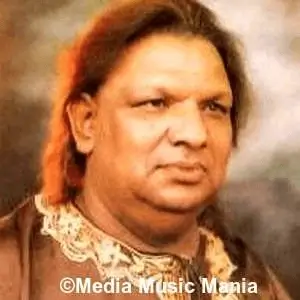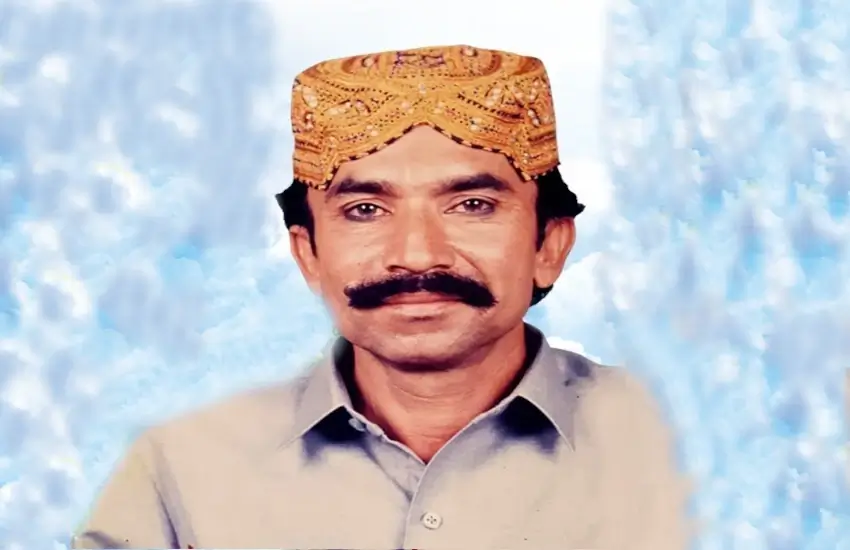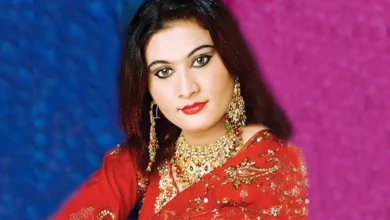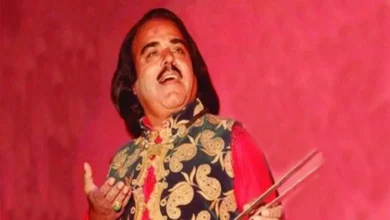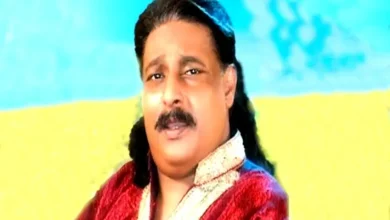Aziz Mian – Bio, Top 20 Best Pakistani Qawwali Music
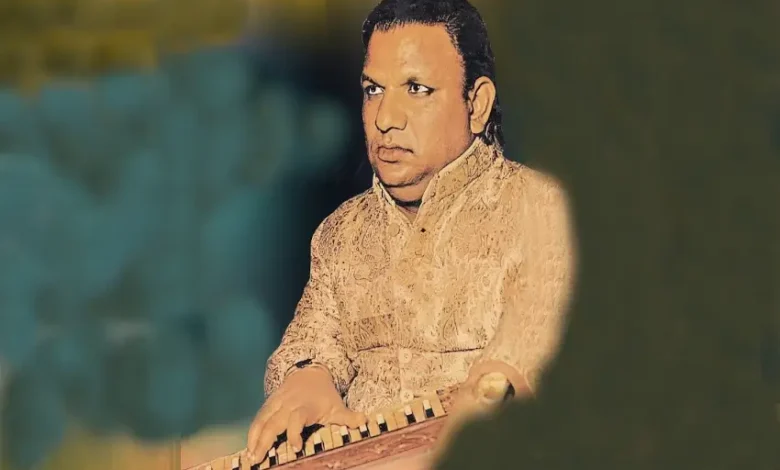
Aziz Mian Qawwal stands as one of the leading personalities of Pakistani Qawwali music. Known for his powerful voice and unique style, he was not only an artist but also a musician, making him stand out in the Sufi music scene. This article delves into the life and legacy of this remarkable artist, tracing his journey from humble beginnings to legendary status.
Table of Contents
ToggleAziz Mian Qawwal Best Pakistani Music Download
Aziz Mian Qawwal, Biography, Early life
Abdul Aziz was born in Delhi, India on April 17, 1942, and migrated to Pakistan with his family after the partition of India in 1947. Early interest in music Lahore Khan began his studies at the age of 10 years under Ustad Abdul Wahid. Aziz Mian received extensive training in “Data Ganj Baksh” Academy and later obtained a degree in Urdu Literature, Arabic, and Persian from Punjab University, Lahore.
Rise and make a name for yourself.
Aziz Mian’s professional career began in 1966 with performances at private social gatherings. His distinctive voice and innovative compositions soon earned him acclaim and led to the release of several albums. Initially known as Fauji Qawwal, he soon adopted the stage name Aziz Mian Meruthi, a nod to his origins in Meerut, India.
The Essence of Qawwali
Qawwali music is a form of Sufi devotional music known for its spiritually uplifting qualities. It consists of songs of praise to Allah, clapping, singing, a harmonium, and a choir. A traditional qawwali group consists of a lead singer, secondary singers, and band members, creating an immersive and communal atmosphere. The goal is to create a trance-like atmosphere in the audience and create a deep spiritual connection.
Instruments used in Qawwali
The unique musical sounds of Qawwali are created through the use of various traditional instruments:
Tabla – Played with the fingers, producing a wide range of sounds.
Dholak: A two-headed instrument used in North Indian folk music.
Harmonica: A pump organ that provides a rhythmic foundation.
Duduk: An oboe-like instrument with a hauntingly beautiful tone.
Rabab: A double-metal device made from coconut and fish skin, used in traditional Middle Eastern coconuts
Property and Influence
Aziz Mian’s influence on Qawwali songs is profound. His songs often explored the themes of divine love and existential questions, which resonated deeply with listeners. He holds the record for the longest commercially released Qawwali, “Hashar Ke Roz Yeh Poochunga”, running for over 115 minutes.
Aziz Mian’s competition with other renowned qawwals like Sabri Brothers and Nusrat Fateh Ali Khan pushed the boundaries of the genre and encouraged innovation and new techniques Despite his untimely death on December 6, 2016. 2000, Aziz-Mian’s music continues to inspire listeners, It also contributes to the global appreciation of Qawwali.
Conclusion
The legacy of Aziz Mian Qawwal lives on through his powerful voice and profound lyrics. His contribution to qawwali music has left an indelible mark on the genre, cementing his status as a respected artist. His music transcends borders and touches people from all walks of life.
For those interested in exploring his career, many of his songs are available for download on platforms such as Media Music Mania, which is a testament to his enduring popularity and the appeal of his music if it is not in time.

